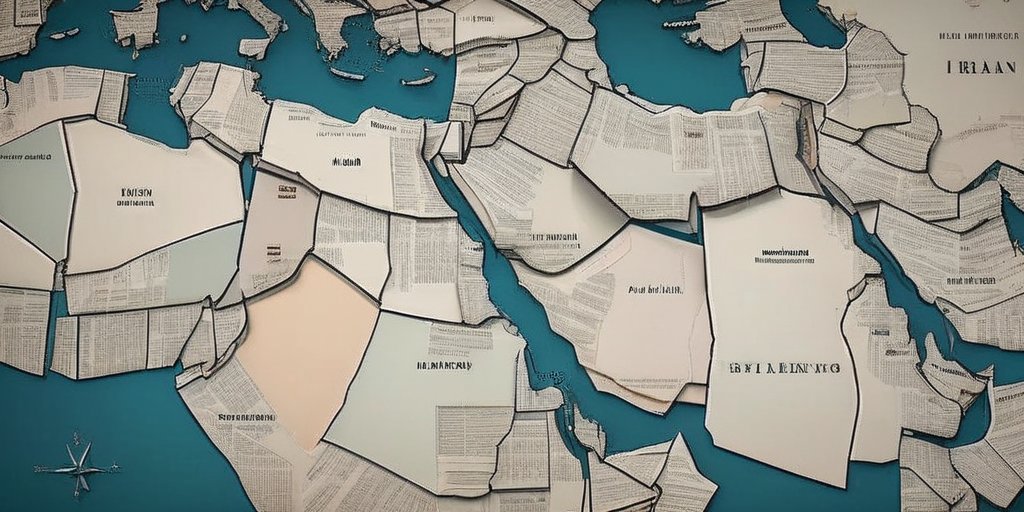In a surprising turn of events, Israeli Prime Minister Benjamin Netanyahu recently took center stage in celebrating Israel’s unprecedented military success in Iran, a narrative that has drawn significant attention to the global political landscape, notably with the involvement of former U.S. President Donald Trump.
Following a coordinated military operation that targeted key nuclear facilities and high-ranking Iranian officials, Israel has declared air superiority over Tehran. This strategic strike, hailed as a ‘great victory’ by Netanyahu, has instigated support from 70% of Israelis, according to a recent survey, with 82% approval from Jewish Israelis.
Netanyahu’s statement in a recent government meeting underscored the dramatic shift in public sentiment toward the legitimacy of military engagement with Iran, which Israel has long viewed as its existential threat. This wave of support starkly contrasts the controversial ongoing conflict in Gaza, where military successes have proven scarce amidst the ongoing struggle with Hamas.
While Netanyahu acknowledges the military achievements in Iran, the government must shift focus back to Gaza, where debates rage internally over how to proceed amidst the Far Right’s calls for escalating military actions contrasting with others advocating for a negotiated end to hostilities, leveraging the momentum gained from the Iranian conflict.
As Israel takes pride in its military’s capabilities to strike across multiple hostile territories—from Iran to Syria—the campaign has revealed vulnerable limits. The expected effectiveness of Israel’s aerial missile defense systems was challenged, with approximately 90% of Iran’s ballistic missiles being intercepted, but the consequences of those that got through were devastating. Cities including Haifa and Tel Aviv suffered significant damages, causing losses of lives and structural devastation unprecedented since the Gulf War.
Amidst all this, Trump’s interventions have been noted, most significantly with his announcement of a ceasefire between Israel and Iran. Lawmakers in Israel, including ultra-Orthodox advocates, highlighted the continued need for Trump’s intervention in returning hostages from Gaza, indicating his lasting influence on Israeli public opinion and governance.
While Netanyahu faces a crossroads, managing the sweeping support from the success against Iran and the parallel growing public frustration over the ongoing Gaza conflict, the political implications of these developments are considerable. The success in one theater has opened discussions about how to resolve another, making it a pivotal moment for Israeli strategy and politics.
As Netanyahu wrestles with the outcomes and potential paths ahead in Gaza, one thing is certain: Trump’s shadow looms large over both the Israeli-Iranian military dynamics and the ongoing tensions in Gaza, shaping policies and public sentiments alike.
